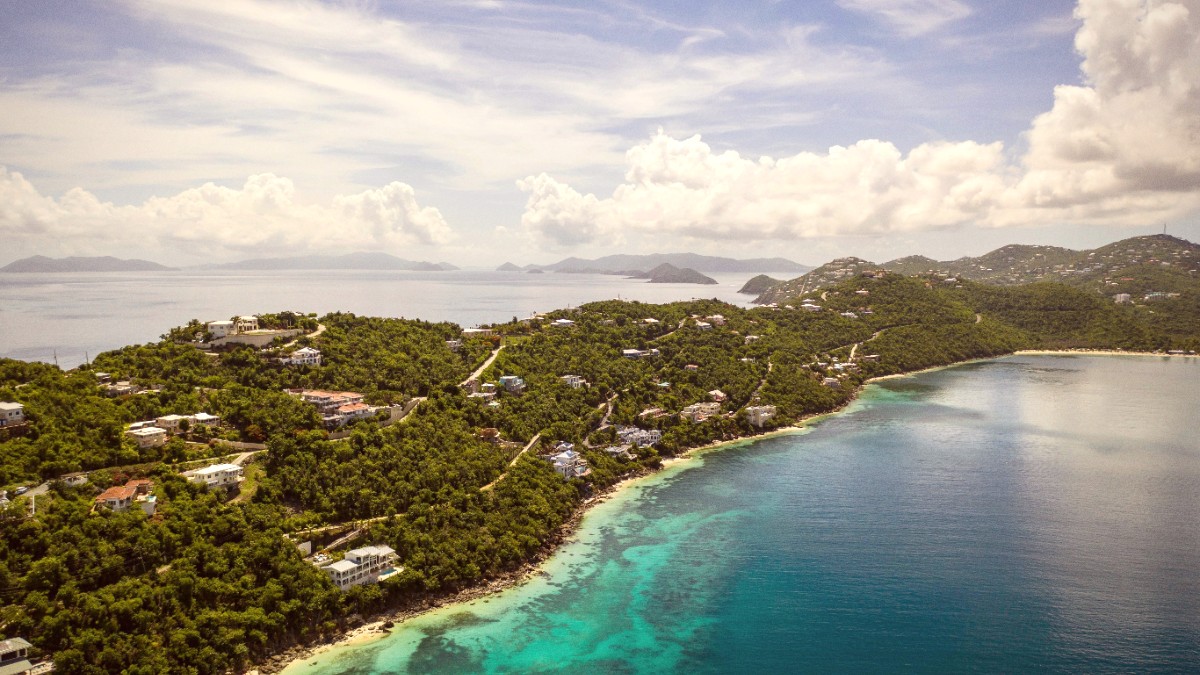
US Virgin Islands
The U.S. Virgin Islands contain protected areas, including parts of the Virgin Islands National Park and marine sanctuaries. These conserve delicate ecosystems: coral reefs, mangrove forests, and diverse wildlife. Eco-friendly accommodation at Ecobnb
Recycling infrastructure limited compared to mainland U.S. Reduce your waste. The USVI banned single-use plastic bags, polystyrene foam food containers, and certain plastic straws. Reusable products from Package Free Shop
As an island, fresh water resources are precious. Most tap water on St. Thomas is desalinated, an energy-intensive process. Practice conservation: shorter showers, turning off faucets, reusing towels. Carbon offset with Terrapass
Your travel choices positively influence the local community and cultural preservation.
Support efforts to preserve Virgin Islands culture. Purchase authentic local arts, crafts, and music directly from artisans. Attend traditional performances like steelpan concerts or Mocko Jumbie during Carnival.
Always begin interactions with a polite greeting. Be patient with 'island time.' Engage respectfully with locals and be open to learning about their way of life, traditions, and perspectives. Genuine interest is valued.
Look for products marked 'Made in USVI' to support local craftspeople and producers. This sustains traditional skills. Avoid mass-produced souvenirs for authentic, locally made items.
Sustainable gear from PatagoniaPatronize locally owned businesses for dining, tours, transportation, and shopping. This distributes tourism dollars more broadly, fostering local entrepreneurship and job creation.
Ethical tours with G AdventuresYour choices have an impact. Consider donating to established local charities for effective community support rather than direct giving.
Your travel choices can have a positive economic impact on the local community.
Seek opportunities to support local businesses: family-owned restaurants, small guesthouses, and independent local guides for tours.
Purchase souvenirs directly from local craftspeople. This strengthens the local economy.
Your spending goes directly to island residents and small businesses.
Support schools and learning programs.
Contribute to local health initiatives.
Aid environmental conservation efforts. Support conservation via GreaterGood